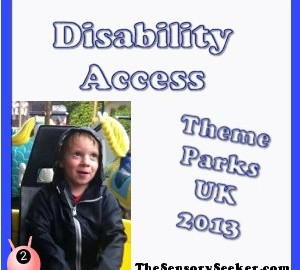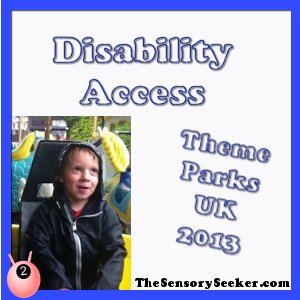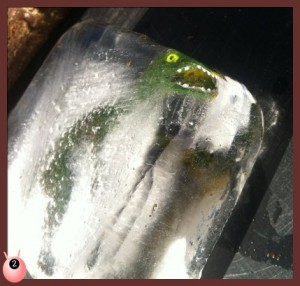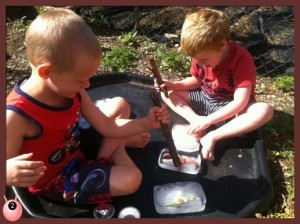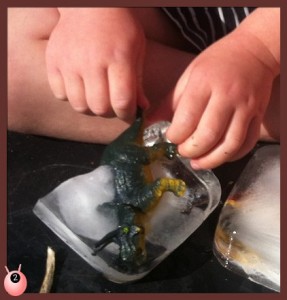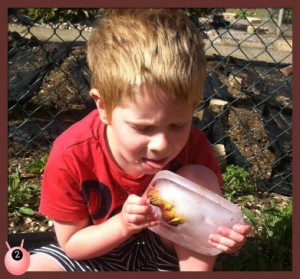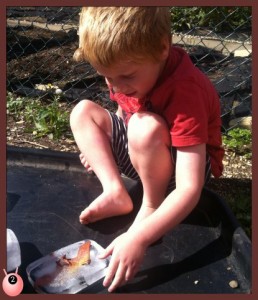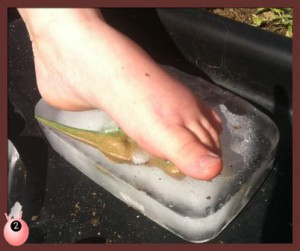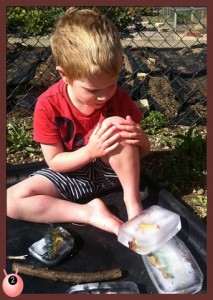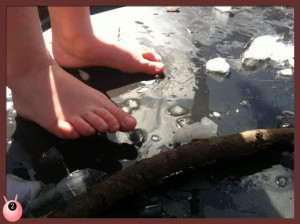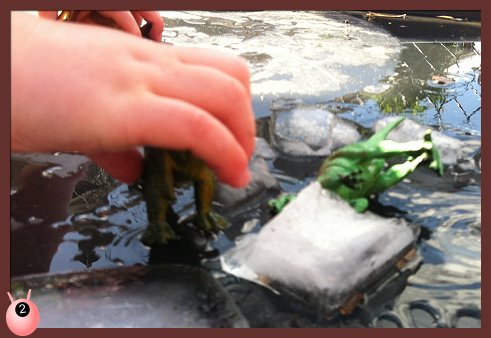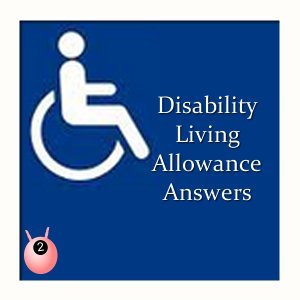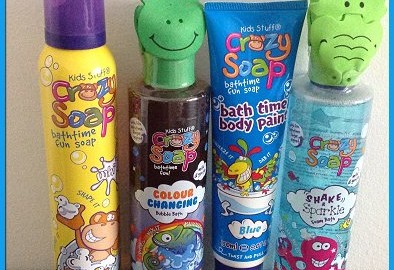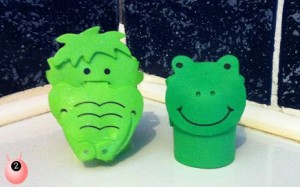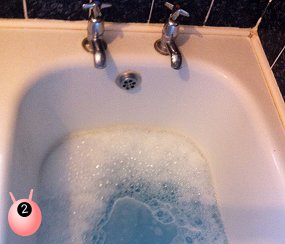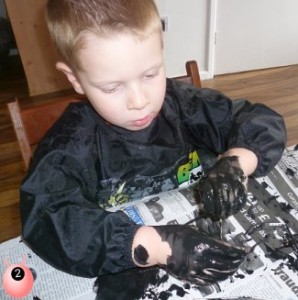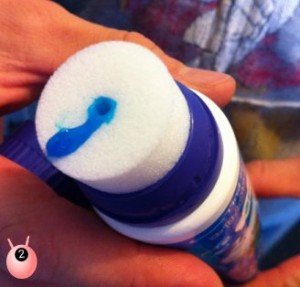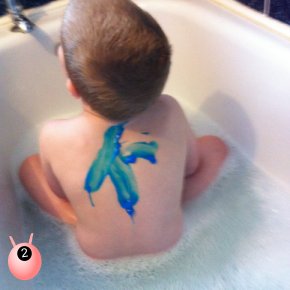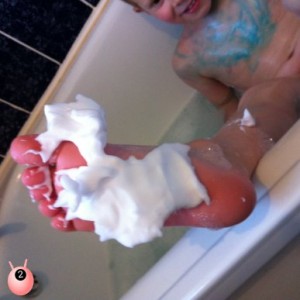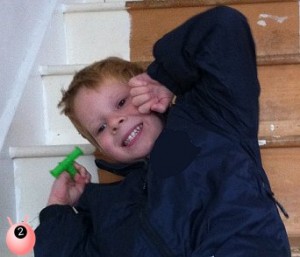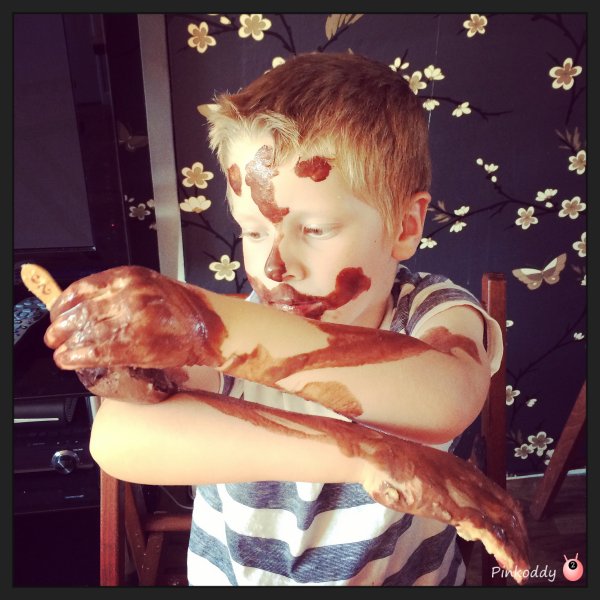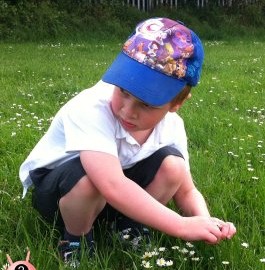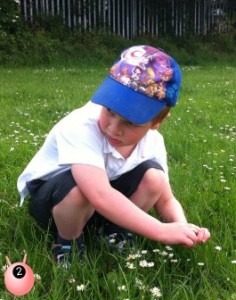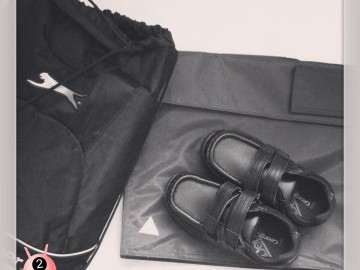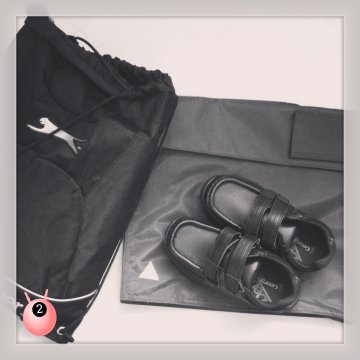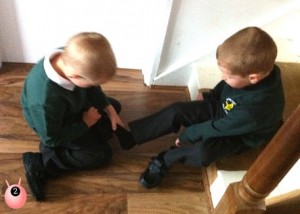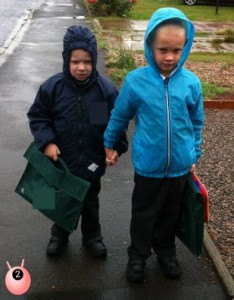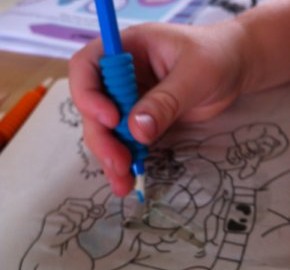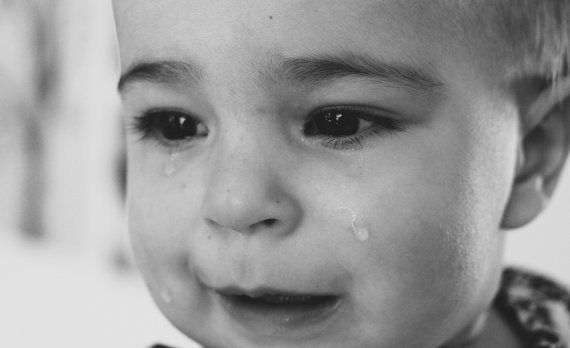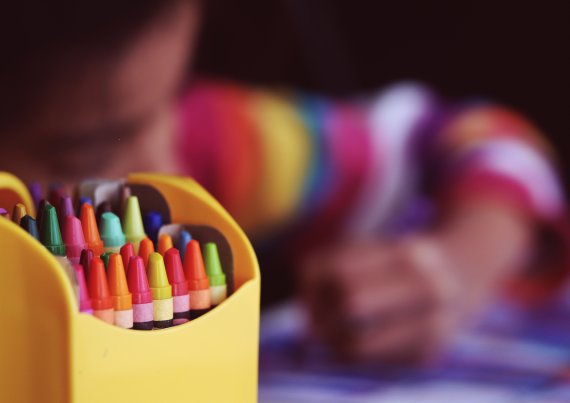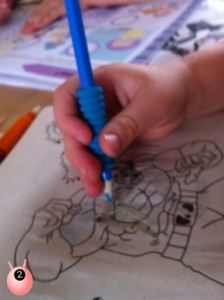With half term just around the corner you may be thinking about what to do with the children. A theme park is a good idea for Sensory Seekers that like all that movement, smells, textures, visual images etc; but sometimes it is all too much, or too much for other people (strangers do not tend to warm to a child they do not know trying to touch them, never mind punching). It is for this reason that it is well worth checking the websites to consider what the disability access policies are. This may include proof of disability (and what documentation), any discounts for entrance (and/or any carers), car parking facilities, and special access to the rides. There are many reasons that disability access may be required, but there have been many people taking advantage of this, and things are changing. Make sure you are clear before you leave.
We have visited a few places over 2013 and this was our experience of the Disability Access:
Disability Access Merlin
I think that the Merlin Group are top notch when it comes to providing good disability access. When a Merlin annual pass is purchased, and proof of disability is shown, then a complimentary carer’s pass will be issued on the first visit. It is transferable between carers, but cannot be used without the disabled person. Proof is considered as Disability Living Allowance (DLA),Orange/Blue badge or a letter from the GP (with photographic proof).
Disability Access Legoland Windsor
Legoland Windsor was the first place we had heard of that had good disability access. We went with ASDfriendly, an Autism support online forum, and it is here we first discovered that a day out with a disability could still be fun.

- FREE Carer entrance ticket.
- Loop System for hearing impaired.
- Some staff who can speak sign language (look for the word ‘sign’ on their badge).
- Assistance dogs welcome; but they cannot ride and must remain with someone at all times.
- Designated disabled car parking for disability badge holders (parking charges still apply).
- Disabled toilet facilities.
- Wheelchair hire.
- Wheelchair accessible restaurants & shops.
- Plenty of resting areas throughout the park.
- Awareness band (to alert staff that extra assistance may be required).
The ride access pass requires some proof that the disabled person cannot queue. Disability living allowance and/or blue/orange badges are not accepted because they do not show what the condition is. The disability must mean that they “do not understand the concept of queuing, have difficulties with everyday social interaction, have a limited capacity to follow instruction or to understand others emotional feelings or expressions, and may become agitated or distressed having to wait for periods of time.”
Photo evidence is required, we took a passport. At least one helper is essential, and has to be over the age of 14, or over 16 if the disabled person does not meet the height restriction. Up to 3 carers are allowed with the disabled person and can be rotated. Wheelchair users do not require a ride access pass.
Further info in the guide
Disability Access THORPEPARK
THORPEPARK‘s disability access makes it fair on all ride users by issuing disabled ride user a card. When the card is presented at the exit a time is given that you can come back, as if you were queuing, but without having to physically stand in a queue. We saw this on the big rides at Disneyland Paris too.
Note we did not use their Disability help as we were given FastPasses so for further information on Disability access at THORPEPARK please see this post by My Life My Son My Way.
Disability Access Paultons Park
To avoid discrimination the entry price was the same for disabled as non-disabled visitors. To be fair I think a lot of Paultons Park is the magic of Peppa Pig World, and a lot of that can be soaked up without even setting foot on a ride.
They have a Queue Assist Scheme, with which they DID accept a Disability Living Allowance letter and gave our disabled son a wrist band and card – which allowed up to 3 carers (note some rides had different rules on carer ratios and the disabled person always had to go on the ride). The card allowed him to go on each ride once, and was hole-punched as he did. This means that if he wanted to go on the same ride twice he had to then queue. We were fortunate that our son was okay with this but know how those with Autism could get quite obsessive about a ride and then have a meltdown for not being able to go back on as they are unable to queue. I do understand that lines need to be drawn though as many young children find it hard to queue without seeing someone go on the same ride more than once without the need for queuing.
Disability Access FlamingoLand
At Flamingoland there is a discounted admission price of £20 each, for a disabled person and their carer (total £40 instead of £60).
With proof of disability (DLA accepted, but photographic proof needed) a wrist band can be obtained, to allow riders to avoid the queue, and go through the exit (with a maximum of 2 carers). When we went we were told that if the disability was physically obvious, then they would not require further “proof”.
This is not a sponsored post. I was, however, given complimentary tickets in return for reviews on Pinkoddy’s blog. All thoughts and opinions are my own.
